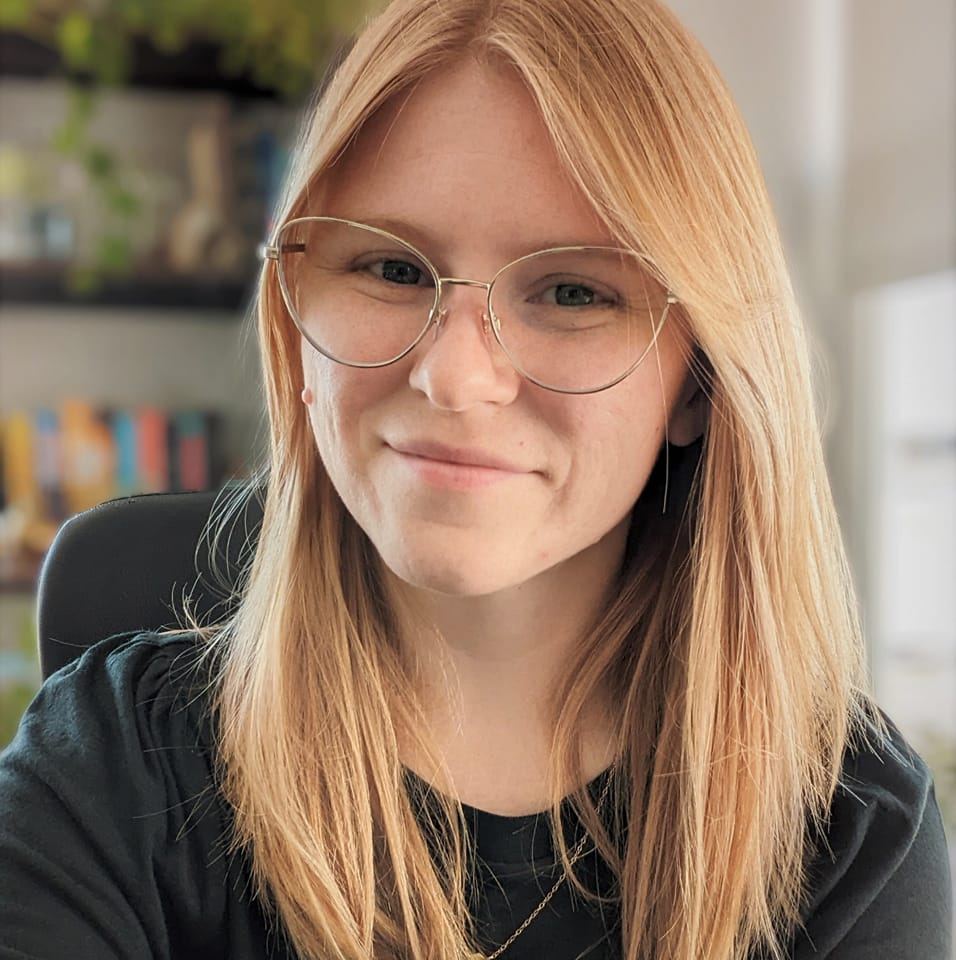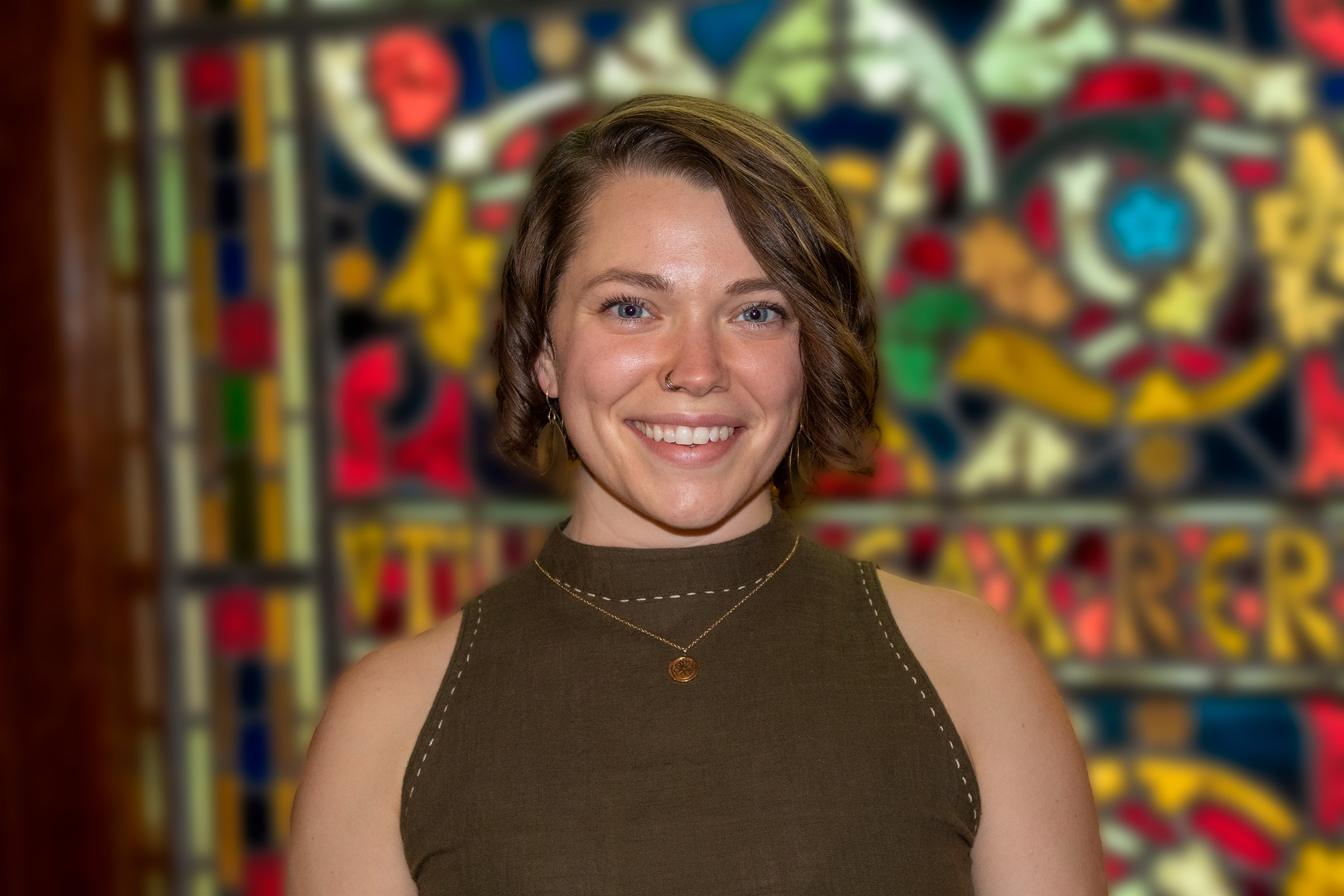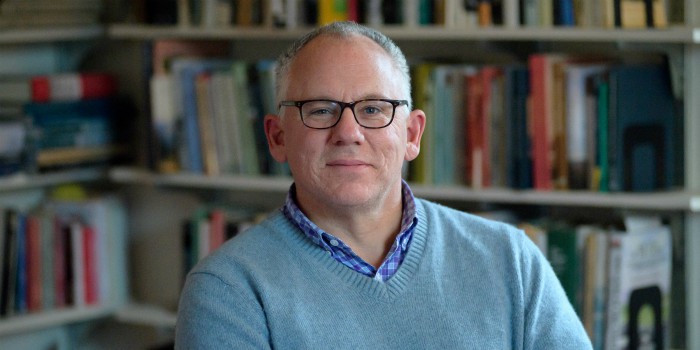Our Learning Outcomes
Learning outcomes are helpful tools that allow us to think critically about our experiences to harness the most growth and development from them. Learning outcomes ask us to be active in our work, not passive, and to consider how the skills we gain will benefit our future selves. By working in tandem with CAS’ Core Competencies, these learning outcomes aim to connect the impact between experiential learning and academic, personal, and professional growth.
The Learning Outcomes for CAS’ internship and experiential learning programs are divided into two categories: professional development/socialization, and the application of liberal arts competencies in professional environments. Understanding how to function in a variety of professional contexts and the ability to apply the critical thinking, writing, and reasoning skills gained from a liberal arts education are vital to the success of CAS students later in life.
Professional Skills & Self Development
Students will:
- Be accountable for individual and team responsibilities and deliverables.
- Exercise the ability to compromise and problem solve with involved parties.
- Understand the various tools of communication (i.e., meeting vs. email, paragraph vs. bullet points, etc.) and how to utilize these appropriately in the workplace.
- Show an awareness of their own strengths and areas for development, as well as the many careers available to them as students educated in the liberal arts tradition.
- Be able to articulate the strengths of a liberal arts education (as well as their specific major) on resumes and applications.
Application of Liberal Arts Core Competencies within Professional Environments
Students will be able to:
- Gather information from diverse and reliable sources and accurately summarize and interpret data while applying critical thinking skills. (Analytical & Critical Thinking)
- Apply previous or current academic knowledge/skills into their work; and, when applicable, apply skills learned in the workplace to their. academic life (Information & Digital Literacy)
- Assess and articulate how their own identities intersect with their career interest area(s) and future professional goals. (Intercultural/Global Fluency)
- Acknowledge and account for diversity in the workplace, and advocate for equitable practices, justice, and the full inclusion of historically marginalized communities. (Ethical Reasoning & Decision Making)
- Build an awareness of how communities impact individuals, and how, in turn, individuals impact, serve, and shape those communities. (Active Citizenship & Community Engagement)
Donor Stewardship
We would not have been able to grow as quickly, nor be as nimble and responsive to changing student needs without our generous donors. Thank you!
If you are considering giving to the CAS Internship Program please see the UVM Foundation’s donation page (select Other and enter CAS Internships to designate your gift to our programs). If you’d like to know more about our programs and initiatives, please see the materials below or take a look around our website.
- Donor Impact “Menu” — find out what even small donations can do for our students!
- Summer Internship Scholarship one-pager
- Communities of Practice Program one-pager
Learn more about the impact of internships >>
Meet our amazing team!
The CAS Office of Experiential Learning & Discovery is here to help you find the opportunity that’s right for you! Reach our team quickly at cas.discovery@uvm.edu.

Sophia Trigg
Director
Office of Experiential Learning & Discovery
Sophia works primarily with faculty, community partners, and colleagues from across UVM to ensure the smooth running of existing and the creation of new programs.
A Williston native and UVM alum (M.A. History & B.S. Secondary Education), Sophia has worked in education, newspapers, libraries, museums, and advertising.

Kelly Bureau
Programs Coordinator
Office of Experiential Learning & Discovery
Kelly works directly with students who are seeking internships, applying for our programs, or in need of guidance. She also oversees program minutiae and business tasks for the team.
Originally from Wilder, Vermont and a graduate of St. Michael’s College, Kelly has a strong passion for the Liberal Arts and experiential learning.

Paul Deslandes
Associate Dean for Student Success and Professor of History
Paul Deslandes, a Connecticut native, joined the History department in 2004. He is a specialist in British history, the history of the British Empire, and the history of gender and sexuality. In addition to offering courses in these fields at UVM, he has also taught classes on the history of London and on LGBTQ+ history. He currently serves as Associate Dean for Student Success within the College of Arts and Sciences. Full bio >>